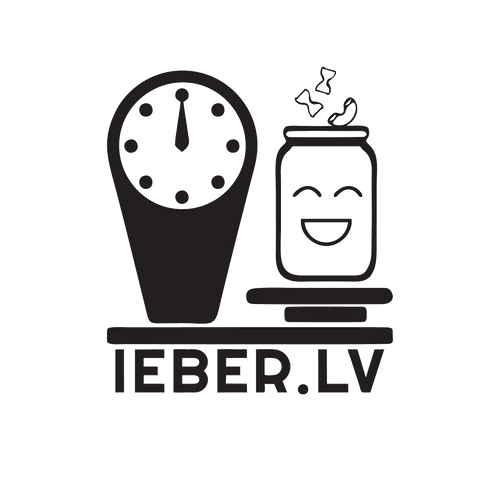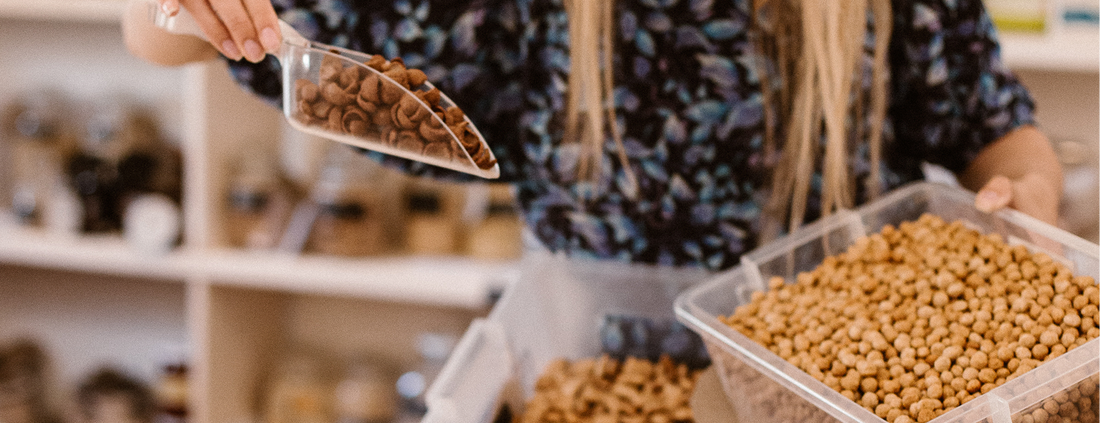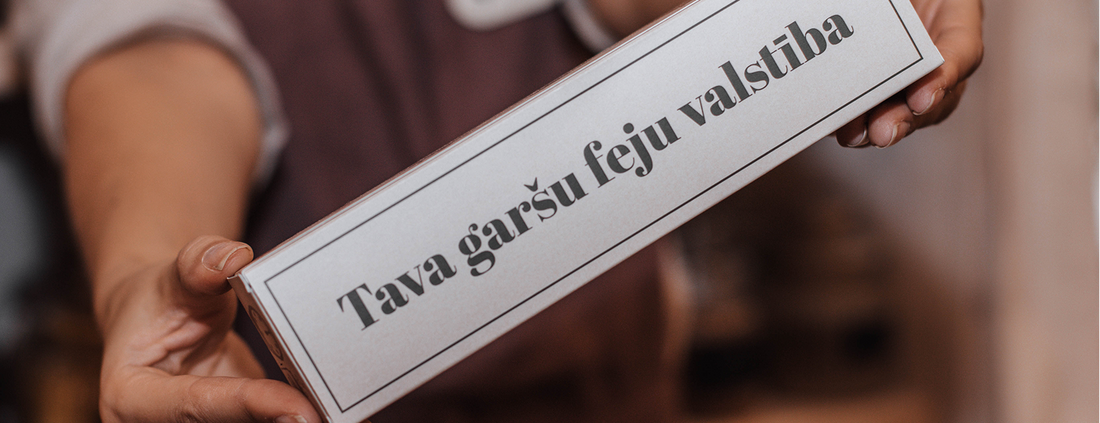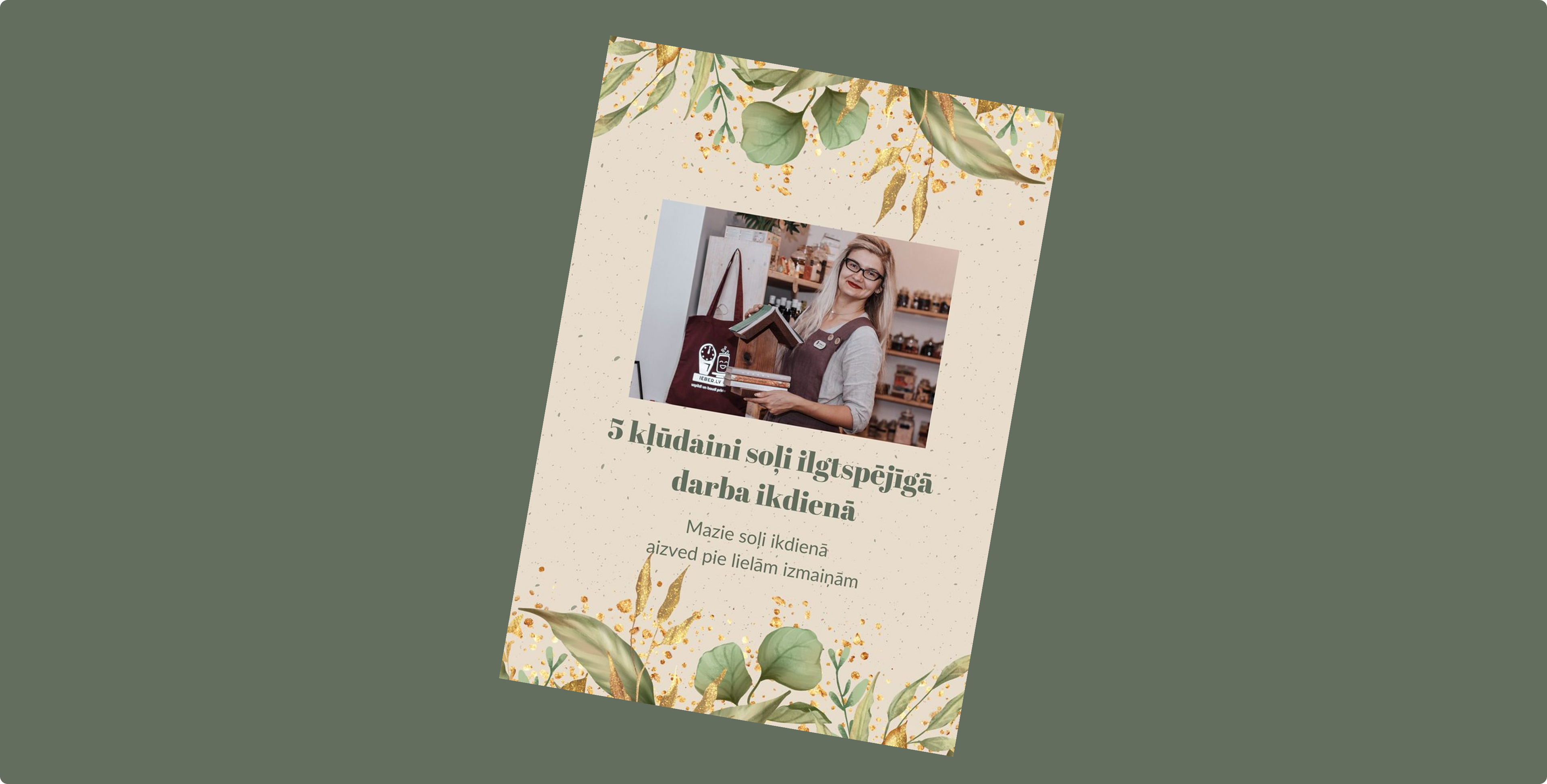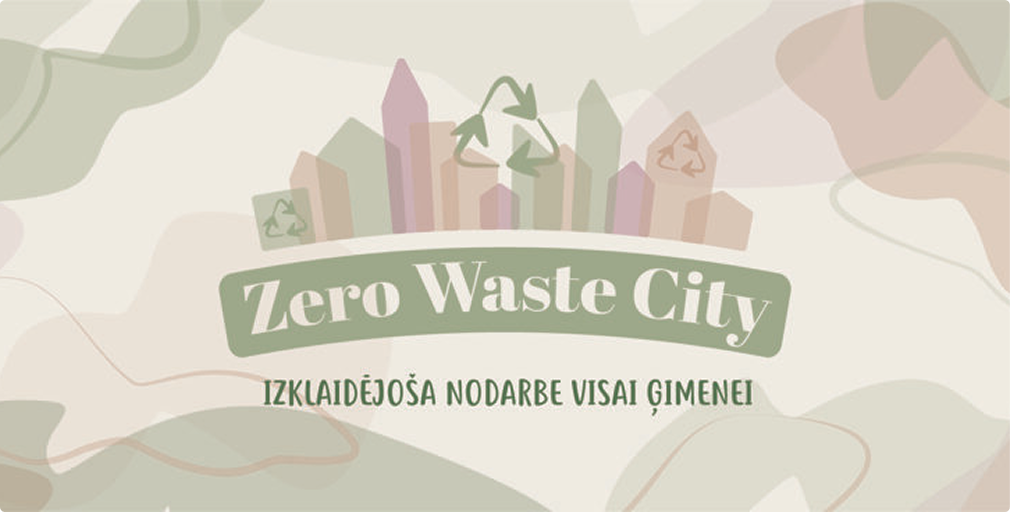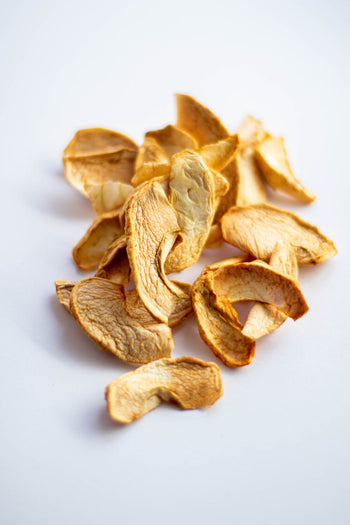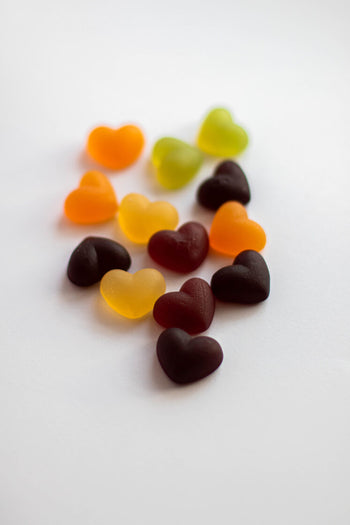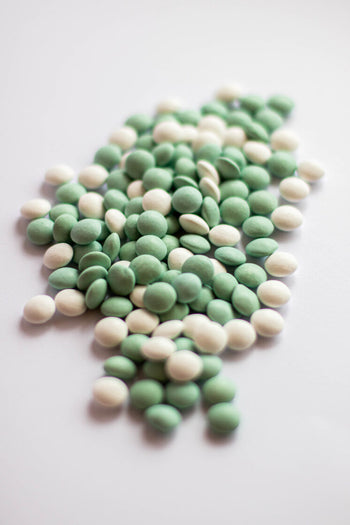Biobag 35L garbage bags
Volume: 35l
Color: green
Quantity per roll: 20 pieces
Biodegradable
Compostable
International standards
- Biodegradation, which is measured by the actual metabolic conversion of the compostable material into carbon dioxide. This property is measured by the quantitative standard test method EN 14046 (also published as ISO 14855: Biodegradation under controlled composting conditions). The acceptable level is 90%, which must be achieved within at least 6 months.
- Decomposition or the breakdown and invisibility of the material in the final compost (no visual contamination). This is measured by a composting test (EN 14045). The tested material is left to decompose together with organic waste for 3 months. The compost is then sieved through a sieve with 2 mm openings. Residues remaining above the 2 mm sieve are considered non-decomposable. Such residues should not exceed 10% of the original mass.
- The absence of negative effects during the composting process. This is verified by a composting test.
- Low levels of heavy metals (below a pre-defined maximum level) and no negative effects on compost quality (e.g. reduction of agronomic value and ecotoxicological effects on plant growth). Compost samples in which the material has been decomposed are subjected to a plant growth test (OECD test 208, modified). Must not differ from the control compost. Other physico-chemical parameters that must not differ from the control compost are pH level, salinity, volatile solids, N, P, Mg and K content.
- In order for a material to be called compostable, it must meet all of the above requirements. Not all biodegradable materials are necessarily compostable, as the material must decompose within one composting cycle. On the other hand, a material that decomposes to microscopic particles within one composting cycle that are not fully biodegradable is also not compostable.
Biodegradation and composting are terms that describe the breakdown of organic materials under specific conditions. Both terms are often used to describe environmentally friendly products. Often, in marketing and advertising, the term “biodegradable” is mistakenly used in connection with products that are not actually environmentally friendly. That is why BioBag more often uses the term “compostable” to describe its products. All Biobag products are recognized as compostable.
Biodegradable means that the material is capable of anaerobic or aerobic decomposition, resulting in the production of CO 2 , H 4 O, methane, biomass and mineral salts, regardless of the process environment. Microorganisms that are present in the environment and feed mainly on organic waste play a significant role in biodegradation. At the same time, the term “biodegradable”, unlike “compostable”, means that over a certain period of time, absolutely everything biodegrades. Therefore, it is very important to create an appropriate environment in which biodegradation can take place.
In the composting process, microbes break down organic waste, creating compost. Compost has a number of uses, including improving soil structure and fertilizing. Composting organic waste requires the right amount of heat, water, and oxygen. An organic waste pile contains millions of tiny microbes that feed on the waste, turning the organic matter into compost. In order for a product to be considered fully compostable, it must meet all the requirements of the European standard EN 13432 and/or the US standard ASTM D6400. Both specifications state that biodegradable/compostable products must completely decompose in a composting environment within a specified time, leaving no hazardous residues behind.
In addition to the European standard EN 13432, some countries have their own standards, such as the US standard ASTM D6400 and the Australian standard AS4736 (the difference between the standards is minimal).
Nowadays, the terms “biodegradation”, “biodegradable materials”, “composting”, etc. are very common, but are often used incorrectly, which leads to misunderstandings. The European standard EN 13432 “Requirements for packaging for resource recovery by composting and biodegradation. Test scheme and criteria for assessing the conformity of packaging” solves this problem by defining the necessary properties of a material in order for it to be called compostable, or to be reusable after organic processing (composting and anaerobic digestion). This standard applies to plastic packaging and lignocellulose raw materials. This standard does not apply to plastic materials used in packaging, such as agricultural plastics or plastic bags used for waste collection. They are covered by the UNI EN 14995 standard. Technically, this standard is identical to the UNI EN 13432 standard, but in addition to packaging, it also addresses other uses. The technical content of both standards is identical, i.e. all plastic materials that comply with UNI EN 13432 also comply with UNI EN 14995 and vice versa. These standards serve as the most important criteria for material manufacturers, official bodies, composters, certification companies and consumers.
According to the European standard EN 13432, compostable material must have the following properties:
EN 13432 is a harmonised technical standard published in the Official Journal of the European Communities, which must be applied by all European national standards bodies. In addition, materials complying with this standard also comply with Directive 94/62/EC of the European Parliament and of the Council on packaging and packaging waste.
Delivery on average within 2-3 business days
Returns and exchanges of goods – simple and free of charge
Returns and exchanges of goods – simple and free of charge
If you want to return or exchange your order for any reason, we're here to help! We offer free returns within 30 days of purchase, unless the item was custom-made and packaged for you. You can choose to: – receive store credit, – exchange the product for another, – or receive a refund to the original payment method.
24/7 support
24/7 support
Contact us – we are always ready to help
If you have any questions or feedback, feel free to write to us using the contact form or contact page. We will respond as quickly as possible during our working hours. Your experience is important to us, and we will be happy to provide support in any matter.
Key benefits
Key benefits
By filling up the amount of goods you need in the ieber.lv social enterprise online store, you choose sustainable shopping without unnecessary packaging, because you will receive the required amount in 1 package. This way you save, reduce food waste and support an environmentally friendly lifestyle by filling up and enjoying the proven values of more than 2,500 families from the kingdom of taste fairies at ieber.lv.
Special offer
Create your own special mix of items by specifying in the order notes which items we can combine into 1 package, for example nuts.
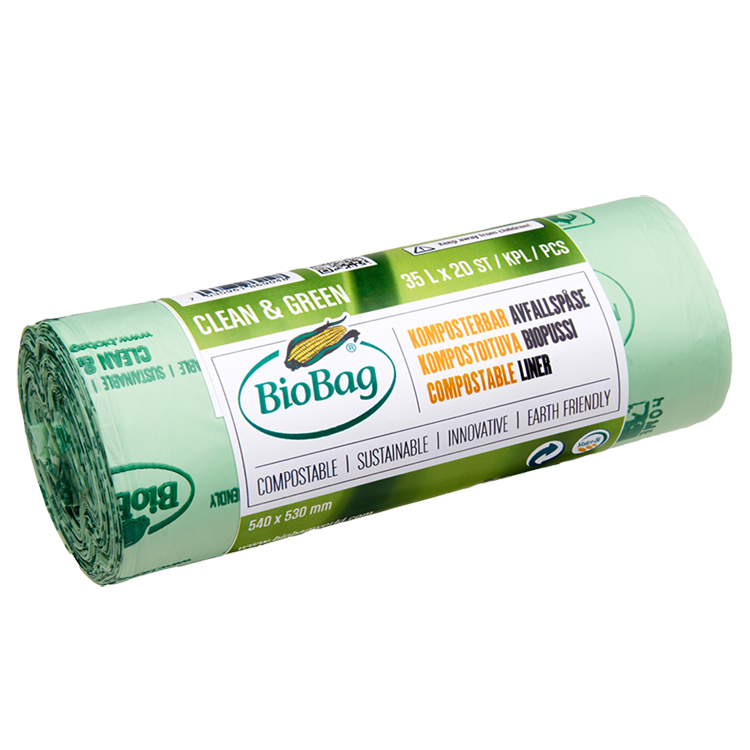
We offer to buy food and non-food products without packaging in Cēsis, Pļavas iela 13, while when ordering online, the advantage is your desired quantity of goods, starting from 25 grams. But if you want a larger quantity, you will receive it in 1 package, not 10 packets of 50 grams.
We also do packaging and fulfill your packaging wishes. You can add your message to the cart - in the order notes.
Return Policy:
- Order shipping: within 2-3 business days after receipt of payment
- Free delivery for all orders over €37 to DPD or Latvijas Pasts parcel machines
- International delivery: 7-10 business days
- Payment upon receipt: by bank transfer, Paypal or credit card
- Easy return and exchange of goods within 30 days if it is not individually packaged to order or a mix.
Delivery terms
We offer standard and expedited delivery options.
- Standard delivery: 3–7 business days
- Express delivery: 2–3 business days
Shipping costs are calculated based on the weight of the order and the selected delivery method. Free standard delivery for all orders over €37 to DPD or Latvijas Pasts parcel machines.
The assortment includes more than 2,500 customer-tested values, compiling customer recipes and experience stories in product descriptions.
Frequently Asked Questions (FAQ)
What is ieber.lv and how does it work?
ieber.lv is a packaging-free online store and social enterprise that offers the opportunity to purchase food products, natural cleaning products and cosmetics without unnecessary packaging. The buyer chooses the quantity needed and receives the goods in reusable or recyclable packaging.
What are the prices of ieber.lv products and how are they calculated?
Prices on ieber.lv are indicated for 1 kilogram and the customer chooses the required quantity. For example, 5x100g=500g. This approach helps reduce food waste and allows you to shop according to your needs, rather than standardized packaging.
Can I use my own dishes when shopping at ieber.lv?
Yes! At the ieber.lv store in Cēsis, Pļavas Street 13, you can shop with your own utensils, thus promoting a zero-waste lifestyle. Products ordered online are packaged in environmentally friendly materials.
How is the delivery of ieber.lv orders done?
We deliver orders with Omniva, DPD, Smartpost, Latvijas Pastas throughout Latvia and beyond, and we also offer pickup at the green parcel machine in Cēsis, Pļavas Street 13 or at the ieber.lv store.
Does ieber.lv offer educational events about sustainability?
Yes, ieber.lv regularly organizes lectures, workshops, and games for children and adults about sustainable lifestyles, waste reduction, and conservation of natural resources.
